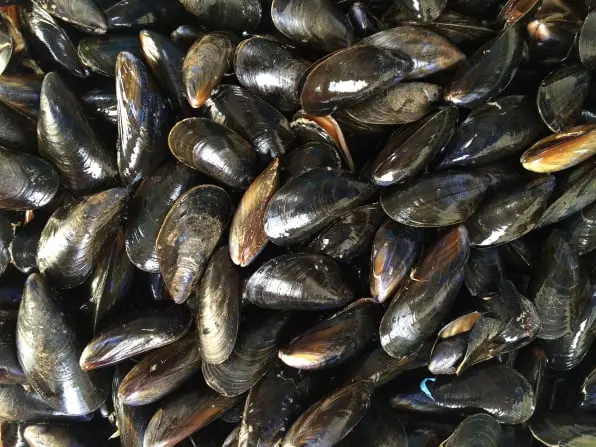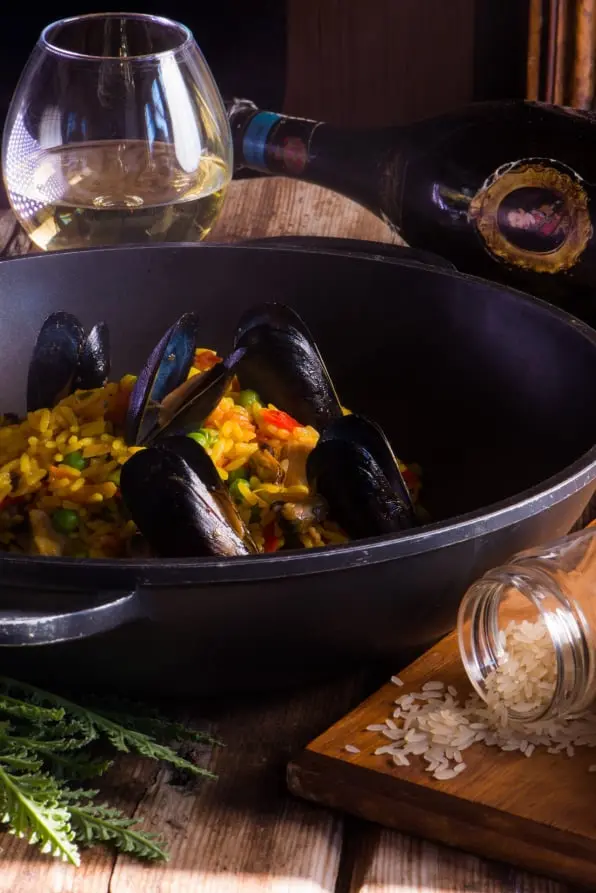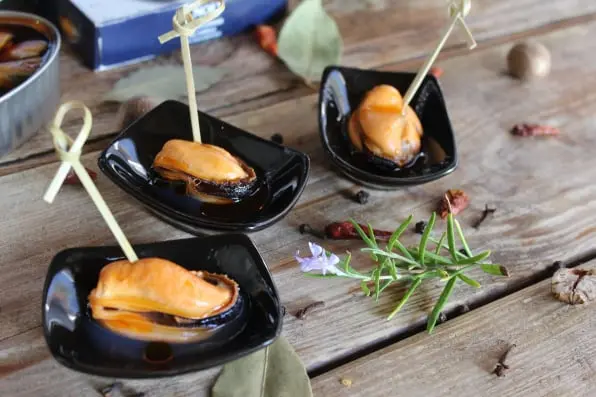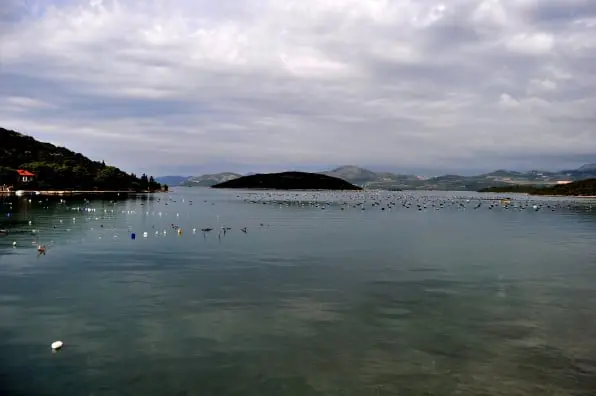Mussel Traceability:
Mussel Traceability app for safe mussels, consistent mussel Traceability, mussel supplier Traceability for importer/exporter and mussel producers.

Mussel Supplier Traceability & management
Genetic chip developed to ensure traceability of farmed mussels
BIOTECHNOLOGY
MUSSELS
POST-HARVEST
+4 more
28 June 2023, at 10:00am
An innovative genetic chip has been developed in Spain to help guarantee the authenticity of farmed Galician mussels.
Galicia is famous for it's rope-grown mussels, which are produced on rafts, called bateas Galicia produces an astonishing 250,000 tonnes of Mediterranean mussels – accounting for almost half of the 600,000 tonnes of the bivalves consumed in Europe each year
Part of the European SEATRACES projects, it was developed using the genetic profile of the Mediterranean mussel species Mytilus galloprovincialis, identifying its specific genetic markers. It offers producers and expert researchers a powerful genomic tool to identify, validate and assess complex genetic traits in this species.
World aquaculture production of mussels reached 2.11 million tonnes in 2018, with an approximate value of USD $4.5 billion, according to figures published in 2020 by the United Nations Food and Agriculture Organisation (FAO). In the European Union, these molluscs represent 34 percent of total aquaculture production. Galicia, responsible for over 97 percent of the aquaculture in Spain, is the leading producer among EU countries of one of the two main species, Mytilus galloprovincialis.
Guaranteeing origin and traceability is especially important in the case of mussels due to their importance in international trade and the long distances between where they are produced and consumed.
As part of the European SEATRACES project, led by the CSIC, with the aim of improving geographical identification of mussels, enhancing its management and preventing possible food fraud, the AZTI technology centre has led research consisting of a genetic study to analyse over 200 samples of mussels of different geographical origins.
In total, using next generation sequencing techniques, researchers identified 17 specific markers, making it possible to distinguish the geographical origin of the mussels highly accurately.
On the basis of these markers, researchers at AZTI worked together with the University of Santiago de Compostela (USC) to develop a genetic chip with the genetic profile of Mytilus galloprovincialis, offering producers and expert researchers a powerful genomic tool to identify, validate and assess complex genetic traits in this species.

Mussel Traceability during production
View App Specifications.
A PCR to ensure that a mussel is from where it says it is from
Últimas noticias
31 jan
Climate change drives migratory range shift via individual plasticity in shearwaters
25 jan
The BTEM awards seek out the most innovative companies in the food sector in the Basque Country
17 jan
Tracking marine litter: technology to detect and predict how it behaves
Technology centre AZTI has participated in the development of a new genetic method to guarantee the origin of mussels.
The study aims to fight fraud and raise consumer awareness of the importance of labelling and traceability of fish products.
The techniques developed have been carried out within the framework of the European project SEATRACES, financed by the European Union’s INTERREG programme and coordinated by the CSIC’s Marine Research Institute in Vigo.
Derio, 12 January 2022 – PCR (polymerase chain reaction tests are a highly effective way of diagnosing infectious diseases and are based on the detection of genetic material from the pathogens that cause the diseases. This type of test has become part of our everyday life due to its relevance in the detection of Covid-19, but its usefulness goes beyond the field of health.
Technology centre AZTI, with extensive experience in the genetic research of marine species, has participated in the development of a new genetic method, based on PCR techniques, to ensure the geographical origin and traceability of mussels cultivated in the Atlantic peninsular area.
“Genetic approaches can be of great help in tracing the origin of seafood products such as mussels, one of the most cultivated species in the European Union, and can ensure their traceability to avoid commercial fraud, protect this marine resource and guarantee the safety of the end consumer,” explains Ane del Río , AZTI pre-doctoral researcher in charge of the research.
To design this new methodology, the research staff first identified thousands of genetic markers and subsequently evaluated their usefulness for the geographical characterisation of mussel samples collected from cultivation areas in the Atlantic, the Mediterranean and the Southeast Pacific.

Mussel Traceability & management
The increase in the globalization of food chain, combined with recently occuring deflagrations of sprouting diseases, has resulted in intensified interests on the subjects of necessary food security. All the stages of the production chain, industrialization, and distribution of mollusk need to be tracked, aiming to guarantee product quality. Programs of traceability for the stages of the production chain are essential for logistic and the management of the aquaculture. The implementation of traceability systems requires the development, the test and the validation of its methodologies of application. The objective of this work was to consider a methodology for the traceability of the production chain of the Mussel culture. As case study, a system of management of traceability was created to validate the methodology proposal. Through this system, it is now possible to verify the effectiveness of the methodology proposal. This adaptive methodology, can be applied to other species as well in the near future.

Daily Mussel factory hygiene checklist
FOOD SAFETY & TRACEABILITY
PEI Mussel farmers are committed to producing a safe and healthy product. They deliver mussels using strict safety protocols, and work to help consumers learn the facts on storage and preparation.
Working Together
Prince Edward Island mussel farmers work closely with the Canadian Food Inspection Agency and regional food safety organizations to ensure the production of only the finest, fresh, blue, cultured mussels.
Tagging Protocols
Fresh mussels have a federally regulated tagging system that tracks mussels through the supply chain. These tags record the date when the mussels were harvested, the location of the harvest, and when they were shipped. You can literally track the history of each mussel from seed to your plate.
Safety First
PEI Mussel farmers follow extensive site selection procedures and integrated coastal management planning with coastal stakeholders. Strict seafood safety policies, regulations, inspection standards and initiatives, including a quality management program, ensure mussels are kept free of foreign organisms and harmful bacteria and toxins.
Best Choice Food
Monterey Bay Aquarium, a world-renowned research and display centre, has labeled PEI Mussels a "best choice food." This is because our mussels are good for the body... and the earth.